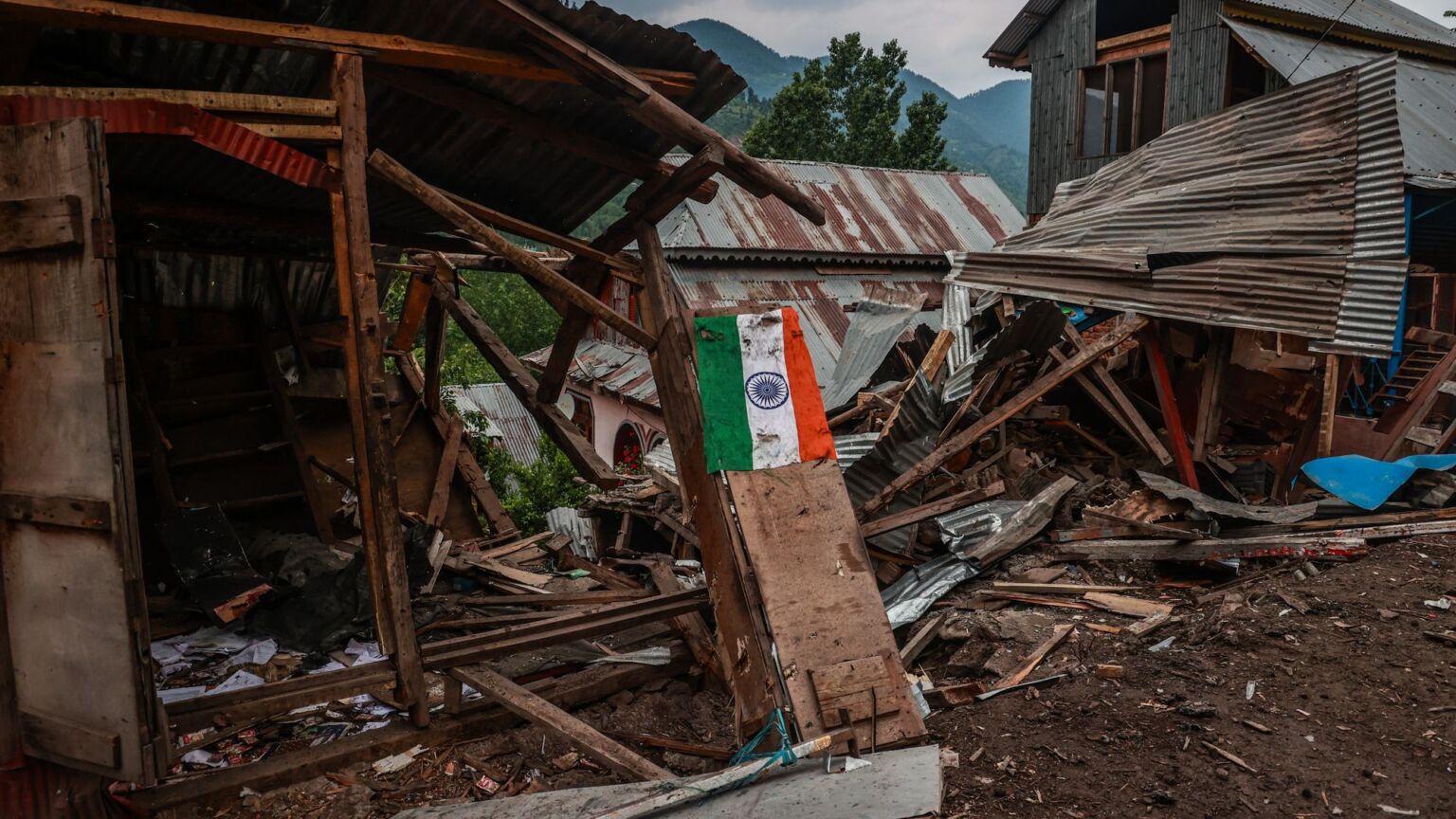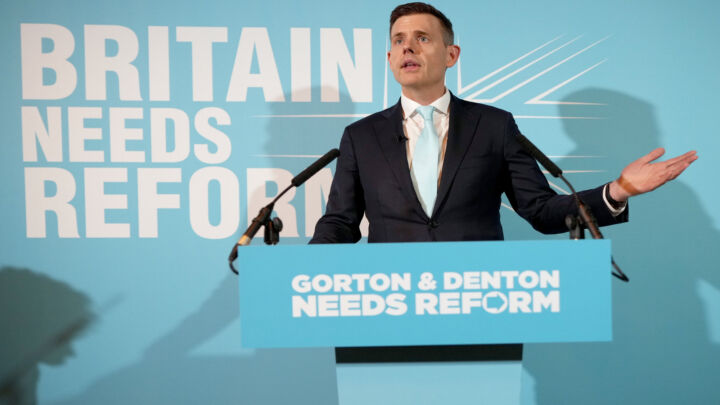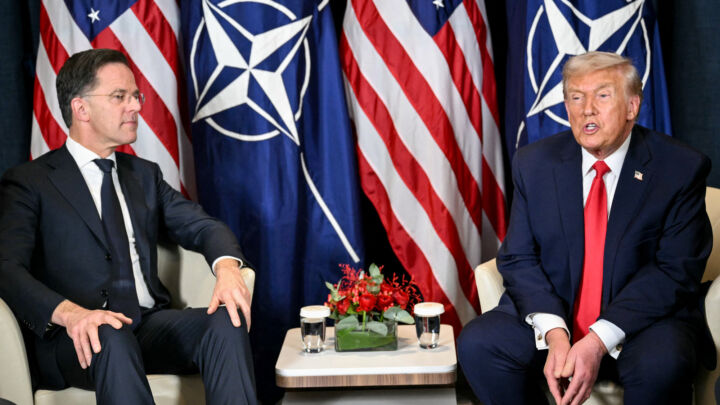India, Pakistan and the globalisation of ethnic conflict
Could the battle over Kashmir spill out on to the streets of the UK?

Want unlimited, ad-free access? Become a spiked supporter.
It was a pleasant sunny afternoon in Pahalgam, a small, picturesque tourist destination in Indian-administered Kashmir. Locals were mingling, and sightseers relaxing. That was until several gunmen emerged from a nearby forest. They quickly confronted the tourists and sought to determine whether they were Muslims or not by asking them to recite an Islamic verse. Those who failed the test were shot dead. Twenty-six people were killed in total before the gunmen melted away, back into the forest.
That was nearly three weeks ago. Within hours of the attack on 22 April, India had blamed the Pakistani state, whose military and intelligence services have a long and knotted history of working with (and against) Islamist militants, including those initially fingered for the terror attack. India promptly suspended a crucial water-sharing treaty with Pakistan, while prime minister Narendra Modi promised to pursue the terrorists and their backers to the ‘ends of the Earth’.
This week, India made good on Modi’s promise, launching a retaliatory aerial assault on Pakistani territory on Wednesday and a drone attack on Thursday aimed at Pakistani airbases. Pakistan has responded by firing on Indian military positions in Kashmir, while also claiming to have shot down several Indian fighter planes. Both sides continue to threaten further retaliation, though neither has officially declared war.
It is tempting to think that the conflict will soon slowly de-escalate, and an uneasy stalemate will once again prevail – until the next time. After all, the on-off conflict between these two sibling states, created following the partition of India in 1947, has followed a similar pattern for nearly 80 years. There have been full-scale wars in 1947-48, 1965 and 1971. Since the 1990s there have also been several significant skirmishes, most recently in 2019. And each time, the two rival states, now both armed with nuclear weapons, have eventually stepped back from the brink.
But to think that something similar will simply happen again is potentially wishful thinking. For a start, this eruption of conflict is taking place in a very different geopolitical context. Over the past three decades, the US frequently used its dominant global position to forcibly defuse and contain nascent conflict between these two regional rivals. It strong-armed both into restoring peaceable relations in 1998, 2001 and even in 2008 after the Mumbai terrorist attack – a four-day-long assault in which jihadist militants with links to the Pakistani security services killed 175 Indian citizens and injured over 300 more.
However, the US-dominated world order has unravelled over the past few years. America no longer has either the capacity or the will to police the globe in the manner it used to. And it has also reduced its interests in the region, which were particularly pronounced during the so-called War on Terror, when it was allied with Pakistan in the battle against assorted jihadist groups. Indeed, the Trump administration, currently fighting economic and diplomatic battles on multiple fronts, has not yet appointed ambassadors or officially assigned State Department officials to either Pakistan or India. And while President Trump, like every other world leader, has called for calm, vice-president JD Vance has already said that the US will not intervene.
Perhaps just as significant as the changed geopolitical context is the prominent role played by identity politics in the Kashmiri conflict – in both South Asia and beyond.
In recent years, the political leaderships of both India and Pakistan have increasingly played up the supposedly intractable nature of their states’ cultural, ethnic rivalry. Modi and his ruling Bharatiya Janata Party (BJP) have explicitly projected the idea of India as a Hindu nation. At the same time, the Pakistani state has consistently insisted upon its Islamic character – all while a vicious, terroristic jihadism has flourished in its Afghan borderlands.
This has changed the dynamic of the clash between the two nations. As much as it is a territorial and political conflict, it is also an identity war. And as such, it’s a conflict that increasingly brooks little to no compromise. Indeed, just weeks before the attack in Pahalgam, Pakistan’s de facto leader, army chief General Asim Munir, declared to his compatriots that ‘we are different from the Hindus in every possible aspect of life’.
Most troubling of all, the identitarian aspect to the conflict over Kashmir lends it a potentially dangerous, global character. Especially in the West, the home of identity politics.
Here, political and cultural elites have long championed a multicultural ideology that has encouraged minorities to identify themselves not with their nation, but with their ethnic, religious backgrounds – to cleave not to the society in which they live and work, but to a particular cultural identity. Over time, this has fuelled intense division and antagonism, not least between minorities. Instead of encouraging a civic attachment to the nation, multiculturalism has effectively cultivated an attachment to the ethnic conflicts of other nations.
Little wonder the Indo-Pakistan conflict has started to play out on the streets of the UK, with its relatively large populations of people with Pakistani and Indian heritage. Indeed, in the autumn of 2022, India’s victory over Pakistan in an Asia Cup cricket match prompted violent clashes on the streets of Leicester, between young Muslim and Hindu men. The ethno-religious fighting also spread to Birmingham, culminating in nearly 200 Muslim men surrounding the Durga Bhawan Temple in Smethwick, in protest against the alleged attendance of Hindu nationalist speaker, Sadhvi Rithambara.
If all this unrest and disorder, drawing nasty identitarian rivalries out into the open, was prompted by a cricket match, one wonders what a full-blown military conflict over Kashmir might instigate. There have already been anti-India, anti-Modi protests staged outside the Indian embassy in London on Wednesday, and its consulate in Birmingham on Friday. The potential for something much bigger to erupt is clear.
MPs in cities like Birmingham and Leicester have already called for calm amid the rising tensions in the Indian subcontinent. Yet given politicians’ role in fomenting ethnic identitarian division in their constituencies, their pleas are hard to take seriously. They’ve been playing pork-barrel identity politics for far too long.
Labour MPs have frequently used the issue of Kashmir (as well as Gaza) to play on what they perceive as the grievances of Muslims. During the Batley and Spen by-election in 2021, Labour’s Kim Leadbeater deliberately targeted the constituency’s sizeable Muslim community with leaflets showing then UK prime minister Boris Johnson shaking hands with his Indian counterpart, Narendra Modi, with the tagline ‘Don’t risk a Tory MP who is not on your side’.
The Tories have been little better. As MP for Harrow East, which has a large Indian population, Bob Blackman has expressed support for Modi’s BJP and even took his oath in parliament on the Bhagavad Gita as well as the King James Bible.
Again and again, we’ve seen politicians appeal to voters on the basis of their cultural and ethnic identities rather than their social and economic concerns. The pernicious ideology of multiculturalism has sown the seeds for ethnic, identitarian conflict in the UK, and a cynical political class has happily cultivated it.
The atrocity in Pahalgam a few weeks ago has the potential to spiral into a larger, much more deadly conflagration. But it threatens to fuel a vicious identitarian conflict within the West, too – in an age when ethnic rivalries have been globalised.
Tim Black is associate editor of spiked.
£1 a month for 3 months
You’ve hit your monthly free article limit.
Support spiked and get unlimited access.
Support spiked – £1 a month for 3 months
spiked is funded by readers like you. Only 0.1% of regular readers currently support us. If just 1% did, we could grow our team and step up the fight for free speech and democracy.
Become a spiked supporter and enjoy unlimited, ad-free access, bonus content and exclusive events – while helping to keep independent journalism alive.
———————————————————————————————————————————–
Exclusive January offer: join today for £1 a month for 3 months. Then £5 a month, cancel anytime.
———————————————————————————————————————————–
Monthly support makes the biggest difference. Thank you.










Comments
Want to join the conversation?
Only spiked supporters and patrons, who donate regularly to us, can comment on our articles.